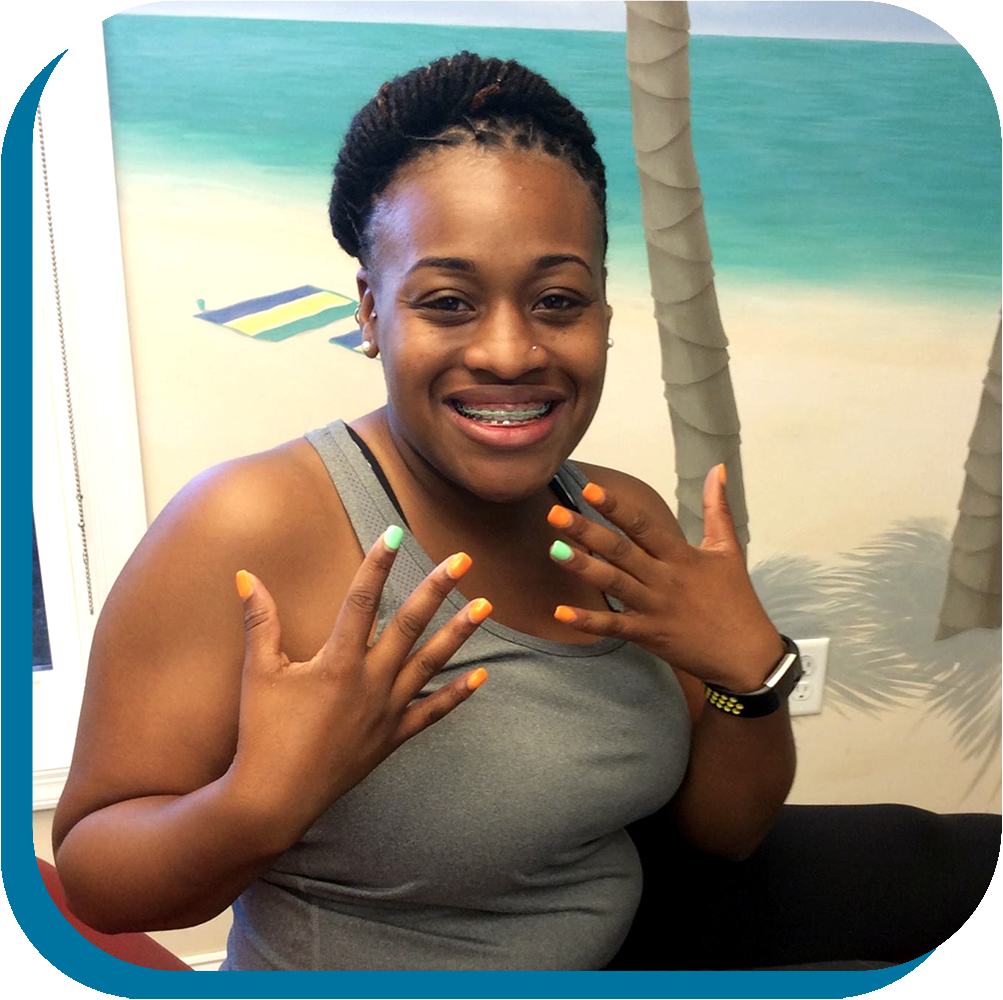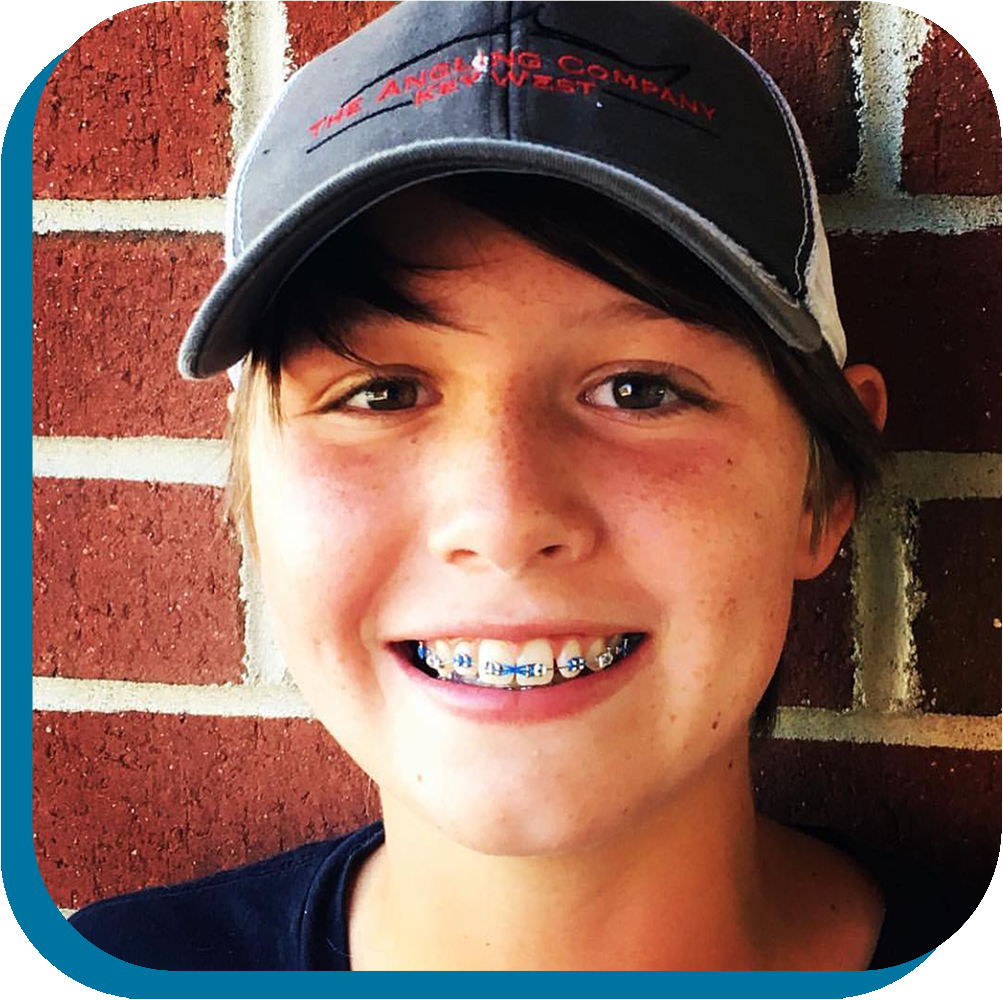It may seem like a challenge, but once you get the hang of it, brushing and flossing with your braces will become second nature. We’ll show you how when you first get your braces.
Your brackets and wires can trap food and plaque, so you’ll want to brush in the morning, after eating, and before bed. If you forgot your toothbrush, rinse your mouth really well and then brush as soon as you can.


When you first get your braces of have just had an adjustment, your teeth may be a bit sensitive, so you may want to stick with soft foods and avoid food or drinks that are super-hot or super-cold. Otherwise, you can eat and drink what you love normally.
However, certain foods can damage your braces and make cleaning more complicated. Things you would tear into with your front teeth should be broken up into smaller pieces and chewed with your back teeth. Here are some things to avoid:

WILLOW LAWN OFFICE:
1206 Willow Lawn Drive
Richmond, VA 23226
Call: 804-282-0505
Text: 804-577-1171
WILLOW LAWN OFFICE:
1206 Willow Lawn Dr.
Suite 100
Richmond, VA 23226
Call: 804-282-0505
Text: 804-577-1171
GASKINS ROAD OFFICE:
1129 Gaskins Road
Suite 100
Richmond, VA 23238
Call: 804-754-0505
Text: 804-577-1171